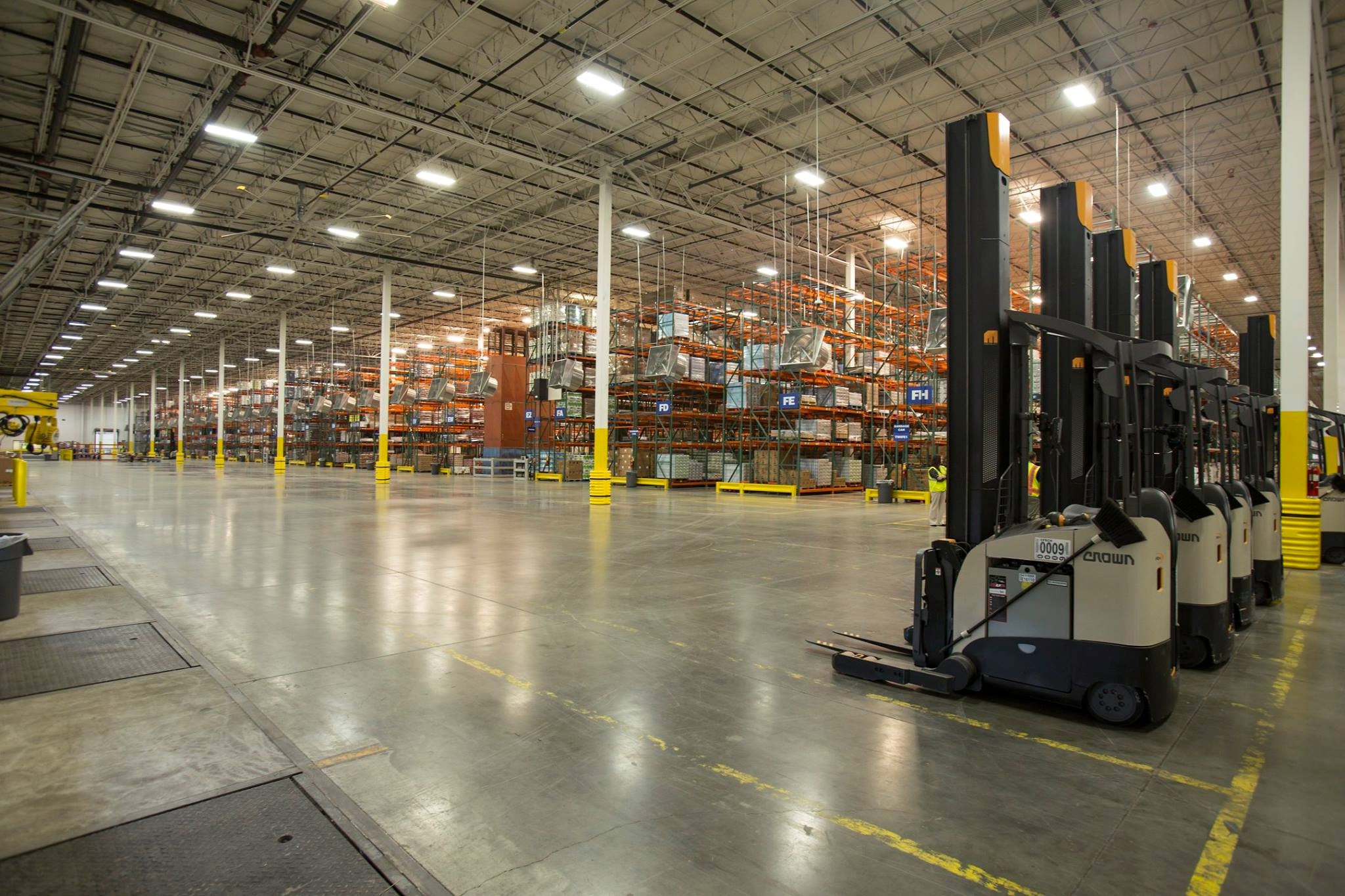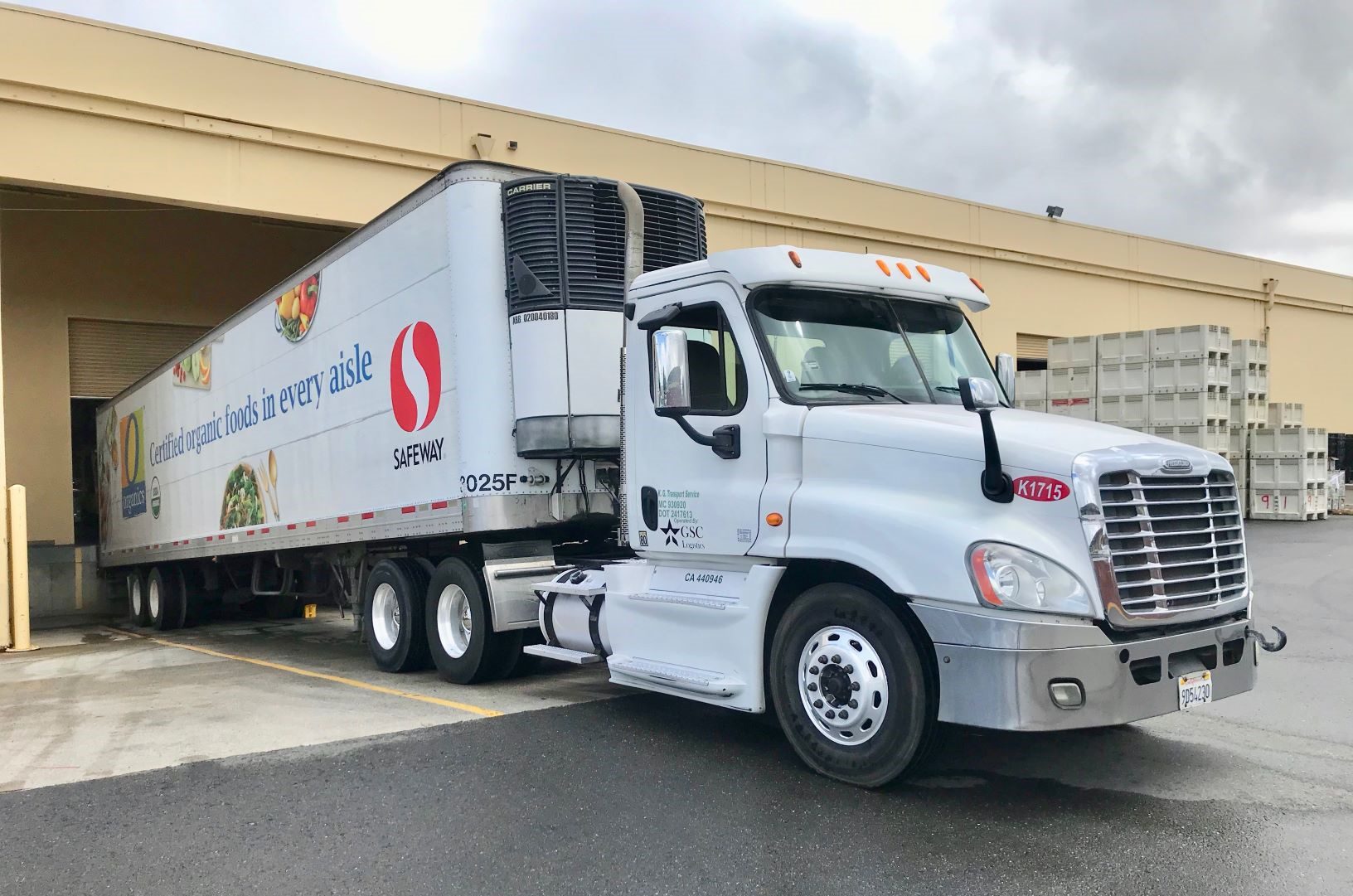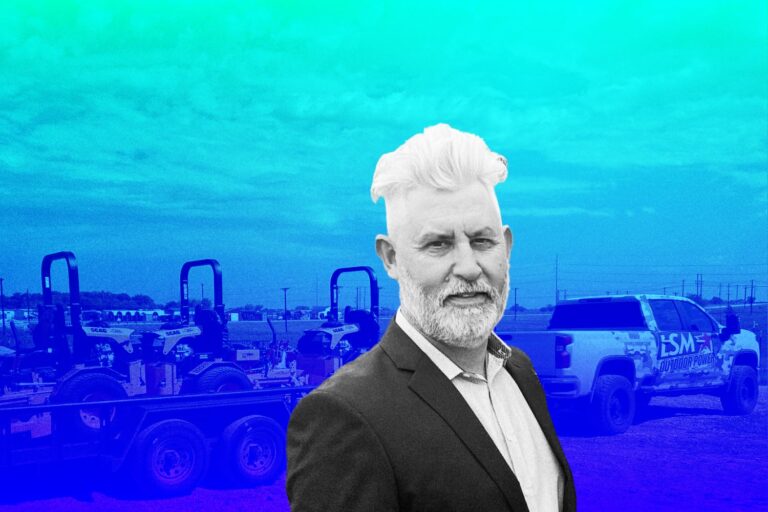Paradigm Shift in Investing on Freight Brokerage Business
The world has long existed a profession called a broker. It appears almost simultaneously with trade. In the past, ancestors have brokered everything that is exchanged in the trading markets, whether goods or services to reap a monetary benefit. In present, broker in English is the term for intermediaries representing between buyers and sellers in order to arrange for the lending of money, freight or shares in enterprises. However, due to the mode of operation of many types of brokers and the society’s perspective on the way brokers act, brokerage business is “easy to work but difficult to succeed”. Brokerage is not for everyone, nor should everyone get pressured into being a professional broker. It takes technical knowledge and soft skills to convince customers to give credence to brokers.
Currently, freight brokerage business is the mode that many entrepreneurs are choosing in their business frameworks. The use of freight brokerage model and forms of trade as well as other types of freight intermediaries require business owners to have a thorough grasp of the expertise on the field of goods and services (including purchasing and selling of new, used, and leased goods subjected to different technical, operational and exploring conditions). Business owners embark on in the freight brokerage business need to be familiar with market trends, entrepreneurial volatility and even legal proficiency (with knowledge of international and national law, especially national laws of the country of the sellers, buyers, and of process to fully comply with those regulations).
In addition, the content of brokerage business is very wide, including many activities such as: Finding and provide necessary information about the partner to the broker, implement projects of promoting goods, services that need brokered, and arrange for the parties to be contacted by the broker along with help the parties to draft the contract. The purpose of brokerage activities is that the parties contracted by the broker.
This article will help business owners to understand two concepts that many people often confuse in the freight brokerage business model and point out common failures from real sharing and elicit right problems that most business owners have encountered.
What Is the Difference between Freight Broker and Freight Agent?
#1 Freight Agent
Freight agent is usually an individual acting as an independent salesman for a freight broker. Freight agents have their own customers and often work on commissions. A portion of the gross revenue of the freight agent goes to the transport broker in exchange for administrative assistance, traffic, insurance, liability buffers, and the reputation that comes with the name of the broker.

A freight agent is responsible for selling and associating carriers with customer needs. Most agents work from their own homes, under the direction and authority of a licensed freight broker. Therefore, they have little or no responsibility, but can earn significant income based on the profits that their customers generate. Agents interact with both transport customers and motorbike carriers in an effort to ensure their customers’ freight is received and delivered on time, in good condition without problems. Most of the shipping agency’s days include soliciting new customers, providing freight rates, freight, negotiating with shippers / freighters, sending trucks, scheduling deliveries / deliveries and solve problems that may delay or damage the shipment.
#2 Freight Broker
Brokers require licenses from FMCSA and secured bonds. They are responsible for the financial aspects of the company (i.e. bill shippers, payment service providers, credit extensions, claim assistance, payment agents, etc.). Freight brokers can range from an actively independent man to a large multinational company with billions of sales. Brokers are only responsible for hiring motorbike carriers that meet FMCSA guidelines including authority, insurance and safety standards and payments due to uncompensated motorbike riders. except absurdly. Finally, freight brokers take credit risks for their customers, so it’s important for them to check and monitor their customers’ credit.
7 Lessons for New Freight Brokerage Entrepreneurs Leading in Failure
Brandon Scott – Founder of a freight brokerage business training program – had the opportunities to interact and talk with many people over the phone, YouTube, Facebook and recognized 5 reasons why business owners fail in this business model. Let’s take a look at 5 reasons that entrepreneurs operating freight brokerage business fail and how to make that leap from failure to profitable success for start-up business owners.
Setting goals in business is extremely important. The key to setting goal is to devise clear, specific and right tactics to achieve the desired results. However, many business owners often fail to achieve their goals for the following erroneous reasons:
Lesson #1: Set the Achievable Goals for Your Business
No one taxes the dream but setting the goal too high, unrealistic, only makes you feel negative and frustrated. For example, with the current revenue of $500K, you reach the goal of $20M per month. That is actually so far away that you cannot achieve the goal. It is not that you cannot achieve everything, but it takes time and long or quickly depending on your ability. Setting a higher goal to try every day is a good thing to do, but with too high goals, you will gradually feel inferior and frustrated because you will not reach a small corner of the goal implemented.
“So, before we get too focused on the big lifestyle, let’s determine how much you’re willing to sacrifice to win. How much you’re willing to pay? Because what we have to understand is that it comes with a price. The big life and all the pleasures come with a price. So how can we avoid the pitfalls of unrealistic expectations”, yet Brandon said. So how can we avoid the pitfalls of unrealistic expectations? These are meaningful advices from Brandon Scott:
- Keeping your goals within reach and your goals may go up by week, month, and year
- Enjoying the pride of accomplishing each of these goals will motivate you to go further.
- Don’t just focus on material life but neglect other pleasures.
- Assessing your progress periodically and keep working, keep grinding and don’t stop until you arrive.
Lesson #2: Envision All Experiences on Your Entrepreneurial Path
Success is not a destination but a journey. If you only focus on the final destination but miss the meaningful beauty on the journey, it is really a waste. The ups and downs you experienced on that path are really interesting and that’s how this life trains your willpower. Even when you reach your destination, you are not proud of what you have faced and overcome on the road to success.
“Envision all the presents that come with success instead of focusing on the tasks and activities that lead to the success. The hard work we don’t really understand the playing field, we don’t see the entire playing field. We don’t see the 12-hour, 18-hour days without pay that comes with it. The mountains we have to climb, the failures that await us” from vigorously Brandon Scott shared.
So, you should not just focus on the end result, but cherish every moment of the journey to the goal, see it as fun, the meaningful things that each challenge you experienced and the way you achieved convincingly.
Lesson #3: Don’t Forget to Devise Manageable Plans
If not planning, it means preparing for failure. Because only when you have a plan will you know exactly what you should do today, next week, next month you should do it to achieve your goal or you will disorientate your way. What to say about the destination? It can be said that planning means you have the key to opening the door to success!
To avoid failing to meet your goals, you should divide each goal into manageable milestones that you want to achieve each year, every month and every week. So, you should set a goal and start planning an action for you to accomplish, then sit still behind the wheel and enjoy the journey.
Lesson #4: Tie Up for Time Commitment
“One of the greatest investments you can give to your business is your time” Brandon said. When starting a business, the business owner will have to spend a lot of time on building brand awareness, developing business plans, and learning deeply about taxes, legal conditions to execute long-standing business in the market. Overcoming the time obstacle by accepting the fact that building a business will take a significant time commitment. Business is always a field that many people choose because of attractive income, but it is always full of pressures and challenges that not everyone can weather. Especially for those who are just starting out, it is still abundance of difficult challenges that they have to encounter. And if business owners are not ready to make the time commitment to address them, then they will not be patient enough to take the specific but necessary steps to succeed.
Lesson #5: It’s Time to Rethink about Your Financial Management
Money is considered the ultimate when it comes to financial management of a growing company. It is often said that making money is difficult, but using money is easy, everyone knows how to use money. Actually, that statement is not correct. Making money was hard. Using money wisely and reasonably to achieve financial goals is even more difficult.
Financial mistakes can have negative effects: Slowing growth, adversely affecting corporate profits, clogging cash flows, drawing unnecessary attention from tax authorities, or adversely impacting the reputation of the business with suppliers, customers and employees. The indistinguishable between making money and keeping money will put business owners in difficult situations and lead to failure.
Therefore, the advice for business owners is to reduce the overall cost of running the business and consider setting up retirement accounts such as Solo 401K, Roth IRA, traditional IRA and when the business has a foothold in market.
In addition, you need to prepare cash flow plans for next year, next quarter and even next week. Because an accurate cash flow plan can best alert problems before it happens.
Understanding that cash flow planning is not just a glimpse into the future. You need to practice the ability to predict that balancing a number of factors, including the customer’s payment history, the thorough handling of customer debts when determining upcoming expenses, and the patience of the suppliers. Be wary of assumptions that have no basis that the receivable accounts will continue to come at the same proportion of time you have recently, that the payable accounts can be extended for as long as possible as in the past. In the past, you included expenses such as capital improvements, interest and important payments and that you accounted for seasonal fluctuations in sales.
The second part of predicting an accurate cash flow is the detailed prediction of the exact amounts and time to be spent in the future. That means, not only do you have to know when you are going to spend, but you also have to know what it is paid for. There will be a list of significant details of your cash flow forecast plan such as rent, inventory (when purchased in cash), salaries and wages, deductible or payable taxes, payment interests, equipment purchased in cash, professional fees, utilities, office supplies, payable debts, advertising costs, maintenance costs and materials types of vehicles, equipment and cash dividends.
Lesson #6: Be Expertise in Taxes
Taxes are one of the biggest costs that business owners need to make a proper investment if they don’t want a deficit and lose all their assets just because of a lack of understanding of corporate taxes. “A good freight brokers business owner always studies his/ her personal tax situation and ask questions. An example, the first few years of business, I deducted the standard tax. So last year, I started to question my CPA, what is the benefit how does it work? When should I divide each item? I’m splitting into groups because deductions are written into items that exceed the standard deductions”. Brandon articulated. So how do you avoid the tax pitfalls?
By paying your business tax and asking a professional tax officer or CPA, to help you understand what you don’t know.
Lesson #7: Build Flexibility and Adaptability
When using critical thinking to solve problems, we make decisions based on available, verified information, and are screened by our own information analysis funnel. Input information, you rely on it to make decisions. Now, naturally from which angle you don’t know, there’s something new coming out, unexpected, and downright relevant, that greatly affects what you’re doing. It could be new opportunities, new challenges, new resources, or new risks. In a century that is both global and uncertain, it is named 21, and it is no longer a constant. The last one standing – The only constant that remained, could be changed, and this century change carried the speed of the hyperloop train, 750 mph. The other number is also uncertain. So, how can we survive in this kind of situation, if we operate in a negligent ignorance.
It’s not natural flexibility – adaptive and flexible skills are vital in this century. When the external environment and / or internal capacity change, it is natural that decisions, solutions and orientations must be changed accordingly. Wanting, or unwilling, the universe still operates like that. Or do we keep waiting as like as dinosaurs for Big Bang?
The same goes for freight brokers and other small business models. Businesses need to change unpredictably every minute when outside circumstances change, when the tactics are deployed with unsatisfactory results. Business owners must make end and devise new, appropriate and decisive tactics to sustain the business.
The Bottom Line
Private market trend is constantly unpredictable accelerating, and new innovative spaces are emerging, especially for freight brokerage business landscape in the span of many years. Running a freight brokerage business is actually challenging with rigorous step-by-step strategies as well as flexible adjustment to prolong the foothold of firm and convey brand essence to almost customers. So, keeping your image visual online is also pivotal to promote productive brand awareness and help boost monetary profitability of your business. If you need a trustworthy companion assisting in marketing your business closely approach to the conveniently digital world, warmly welcome you to come to online presence manager.









